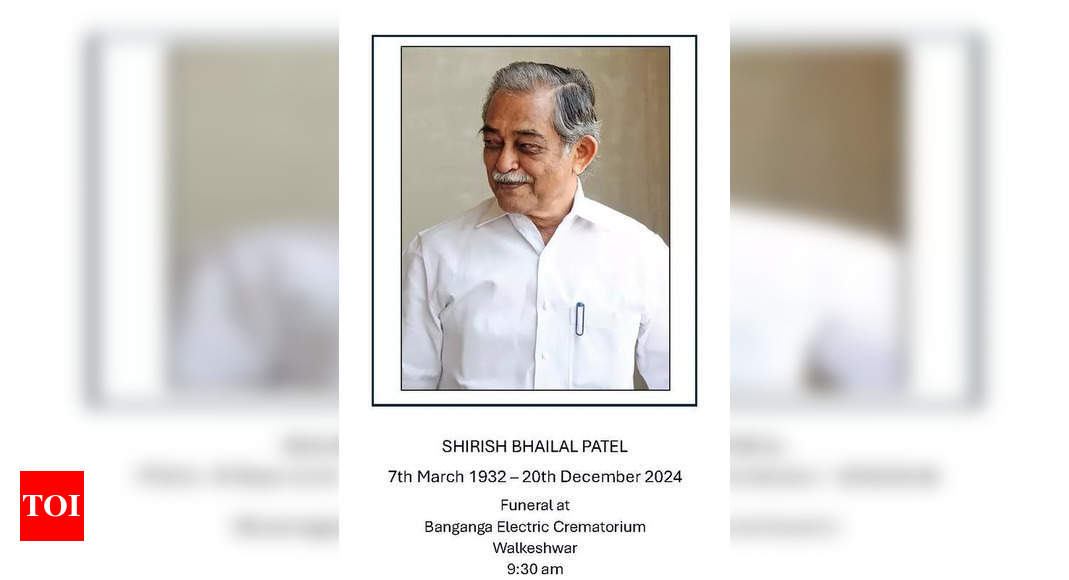
Mumbai: Titwala’s 22-year-old Kunal Gondke could have been another addition to the suburban railway’s 2,590 death toll last year. On December 20, a delay on his Titwala-to-Kalyan train caused overcrowding, leaving him feeling crushed and suffocated. In an attempt to gasp for air, he briefly slid toward the door, but in doing so, he struck a pole and fell out, sustaining fractured ribs, a shattered spine, a punctured lung, a skull fracture, a broken pelvis, and a severed artery.
He was first rushed to Kalyan’s Rukmini Bai Hospital, only to be told by the staff that the facility was ill-equipped to handle a critical patient like him. From that moment, his father, Kisan Gondake, a police head constable, was thrust into a spiral of debt, spending Rs 58 lakh in medical and allied expenses to piece his son’s body back together.
Kisan said that claims under the Maharashtra Police Kutumb Arogya Yojana are still pending, and he has filed a case against the railways, asking for compensation of the amount spent in treatment. Kunal underwent multiple procedures in the first few months of this year at Fortis Hospital, first in Kalyan and then in Mulund. In May, permanent implants were fitted to support his spine, giving him a fighting chance to walk again.
“I was told by doctors to use dumbbells to strengthen my arms before I could even consider trying to walk,” Kunal recalled. The family’s priorities have shifted in the aftermath. Everyone pitched in to help with his home exercises, gently moving his legs and feet to keep the circulation going. His eldest sister left her bank job to care for the youngest of the three siblings.
A physiotherapist joined the effort later on. He finally took his first steps in October. Falling and tumbling in the beginning, and now reliant on a walker, he remains far from whole again.
On the day of the accident, he was heading to his village in Ahmednagar to prepare for his long-aspired fish farming business, a dream he had since childhood, driven by his dislike for city life.
“As medical professionals, we have done our part in reviving him and fixing damages to his body. But it is also that boy’s determination and his family’s sacrifices that have made it possible for him to have a normal future moving ahead,” said Dr Jumana Haji, head of Extracorporeal Membrane Oxygenation (ECMO) at Fortis Hospital in Mulund.
ECMO is a life-support machine that takes over the job of the heart and lungs by pumping blood outside the body, adding oxygen to it, and removing carbon dioxide when the organs can’t do it on their own.
ECMO helps stabilise critically ill patients like Kunal, allowing them to survive as their body begins its healing process. It also allows patients who have a 90 per cent chance of perishing, a chance to undergo essential treatments like nutritional support, physical rehabilitation, and other medical procedures.
The initial ECMO cost at a private hospital can start from Rs 5 lakh. The machine is available in select public hospitals, Parel’s King Edward Memorial Hospital being one of them. While the technology has been available in India since the mid-2000s, it was most used during the COVID-19 pandemic. The most notable use has been during the passing of Tamil Nadu’s late AIADMK leader and CM Jayalalitha.


